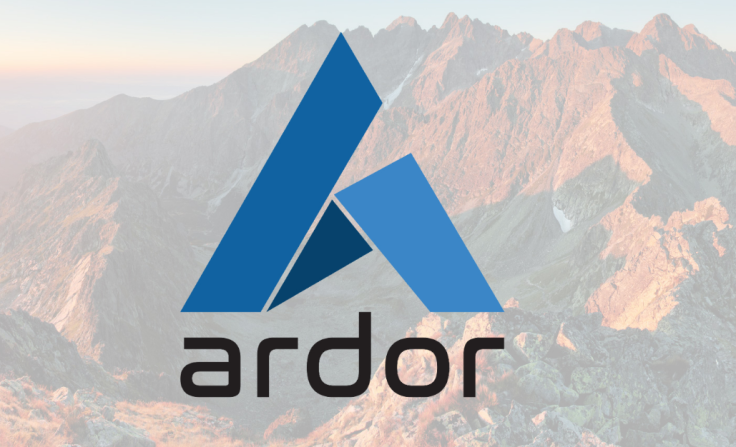Nxt dev team's Ardor blockchain platform launches public testing forum
Ardor allows users to create their own customised subsidiary blockchains secured by the main chain.

Ardor, the open-source multiple blockchain system created by the Nxt development team, has had its beta version released for the public to test. Anyone can now download and try out Ardor, and interact with blockchain applications for free without the risk of losing cryptocurrencies.
Ardor, which uses a proof of stake consensus system akin to Nxt, was designed by Jelurida BV developers, which launched Nxt back in 2013. Expectations within the blockchain industry for Ardor are high as it solves a number of issues currently affecting the sector, said a statement. Ardor incorporates a novel multiple blockchain architecture, allowing users to create their own, customised subsidiary blockchains, secured by the main chain.
Transactions from these blockchains, known as child chains, are removed from the main transaction ledger approximately every 24 hours; though special dedicated nodes, known as archival nodes, can keep all information if so desired. This approach enables Ardor to scale up global transaction loads, without requiring extensive knowledge of scripting or coding from participants.
Travin Keith, board member at the Nxt Foundation, said: "Blockchain technology is increasingly entering the mainstream consciousness. The developers at Jelurida BV have created a platform that makes blockchain technology more accessible and delivers scalable solutions for retail and institutional participants. Its potential applications extend to a number of industries burdened with legacy issues and antiquated transaction processing systems."
The Nxt blockchain platform is a bit like the Velvet Underground: it spawned many new bands. Today's statement attests to strong support from the community. Ardor tokens have almost double market capitalisation from 1 January 2017; and Ardor is currently the 19th largest decentralised financial platform. In addition, Nxtforum.org has seen 1,000 new accounts created in both December and January 2017, and has generated over 10,000 Twitter impressions.
© Copyright IBTimes 2025. All rights reserved.






















